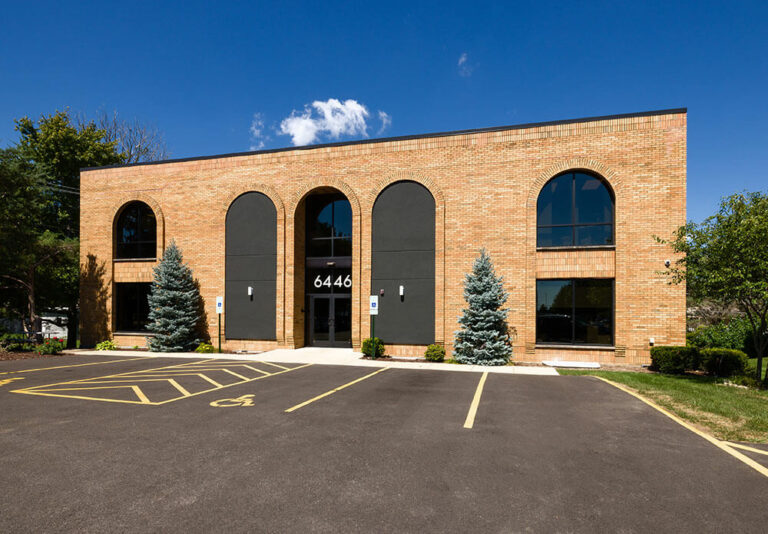Are Dental X-Rays Safe?
X-rays are commonly used by dentists to see beneath your gums and into your bones. However, x-rays use radiation to create their pictures which can cause anxiety in some people. Radiation can have potentially harmful effects and you can find lots of information online about the dangers of radiation. But are dental x-rays really dangerous? Join us at Palos Heights Family Dental as we dive into the information about x-rays and radiation.
How Safe Are Dental X-Rays?
In short, dental x-rays are considered to be very safe. When performed properly, dental x-rays give off extremely low levels of radiation. Additionally, over the years there have been many improvements to x-ray technology that continue to improve the safety of the procedure.
Just how little radiation do you get exposed to with dental x-rays? A set of 4 bitewing x-rays will expose you to 0.4mrem of radiation. Compare that to the amount of radiation you are exposed to from a variety of things you do in your daily life – drinking water exposes you to 5mrem per year and using natural gas for heating/cooking exposes you to 9mrem per year. You are even exposed to 35mrem of natural radiation from the soil every year.
We also take additional safety precautions to minimize your exposure to radiation during the x-ray. We will have you wear a lead apron to protect most of your body. We also have a leaded thyroid collar that protects the thyroid, which is more sensitive to radiation. If you are pregnant, please let your dentist know so they can take extra precautions or they may decide against taking x-rays at that time to protect you and your fetus.
What Are the Benefits of Dental X-Rays?
Dental x-rays are very useful and help us diagnose a number of oral health problems that can cause patients pain and discomfort. Letting these issues go unchecked can cause far worse problems than the small amount of radiation received from the x-ray. The problems that we can identify include:
- Tooth decay occurring between the teeth
- Bone loss
- Tumors or other growths
- Changes in a root canal
- Infections between the teeth and gums
If these problems are not promptly addressed, they can lead to serious long-term issues for your oral health.
Overall, the benefits of having x-rays taken vastly outweigh the risks associated with being exposed to such a small amount of radiation. If you have more questions or concerns about dental x-rays, call our Palos Heights dental office at 708-448-7588 and we will be happy to give you more information.
Dental Crowns and Bridges Pros and Cons
What is a Dental Crown?
Dental crowns are an effective and versatile treatment option used to address a variety of dental issues. They are used to cap a tooth with a large filling or that has had root canal therapy, or for cosmetic purposes. They can also be used to attach to dental implants to replace missing teeth, as the implants provide extra support in the jawbone. Dental crowns also provide additional support for dental bridges, and when cared for properly, can be just as healthy and strong as natural teeth. While there are many benefits to getting a dental crown, it is important to consider the pros and cons before making a decision.
Pros of Dental Crowns
- Durability: Dental crowns are extremely durable and are designed to last for many years. They are made from a variety of materials, including porcelain, ceramic, and metal alloys, so they can be customized to match the color and shape of your existing teeth.
- Improved Appearance: Dental crowns can be used to improve the appearance of your smile. Crowns can be used to cover up discolored or misshapen teeth and can even be used to make your teeth appear straighter or more uniform in shape.
- Increased Strength: Dental crowns can be used to reinforce a tooth that has been weakened due to decay or trauma. The crowns act as an extra barrier to protect the tooth and prevent further damage.
Cons of Dental Crowns
- Cost: Dental crowns can be expensive and may not be covered by insurance. Depending on the type of crown you choose, the cost can range from several hundred dollars to several thousand dollars.
- Time: Getting a dental crown can be a lengthy process. It usually requires two or more visits to the dentist and can take up to two hours per visit. However, some dental offices are able to provide same-day crowns.
- Sensitivity: After getting a dental crown, some people may experience sensitivity in the area where the crown was placed. This sensitivity can last for a few days or even weeks and can be uncomfortable.
Dental crowns can be a great option for restoring and strengthening damaged teeth, as well as improving their appearance. However, they can be costly and involve a significant time commitment, and some people may experience sensitivity following the procedure. Before making a decision, it is essential to take into account all the pros and cons of getting a dental crown in order to determine if it is the right choice for you.
Learn More About Dental Crowns
